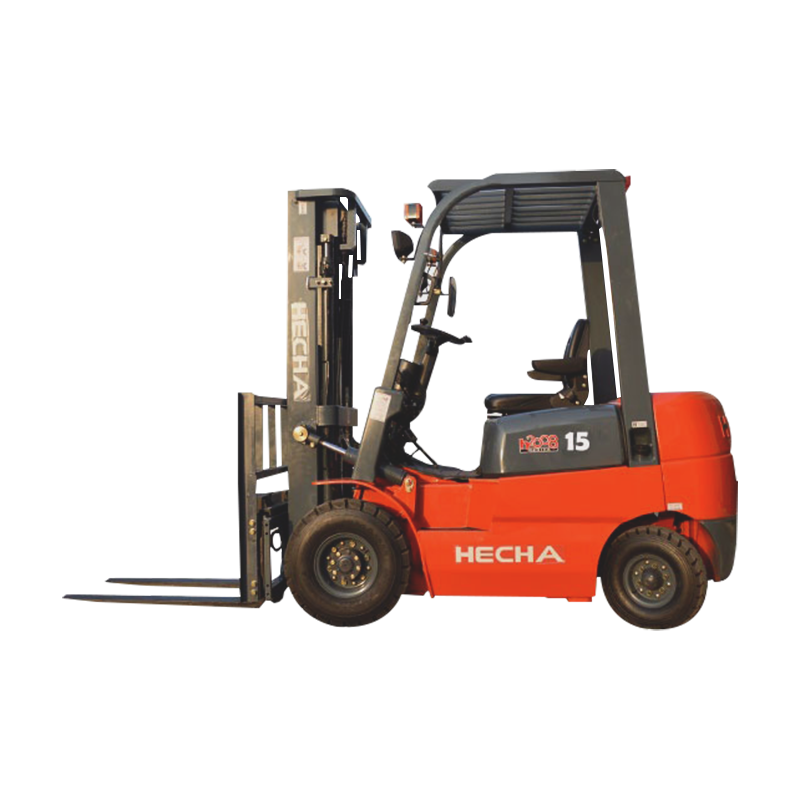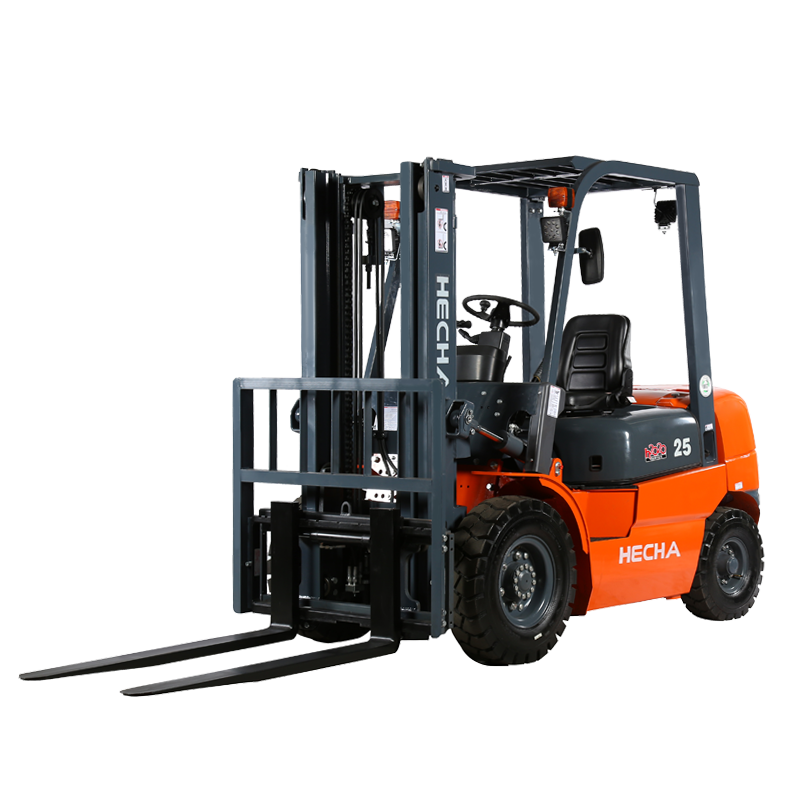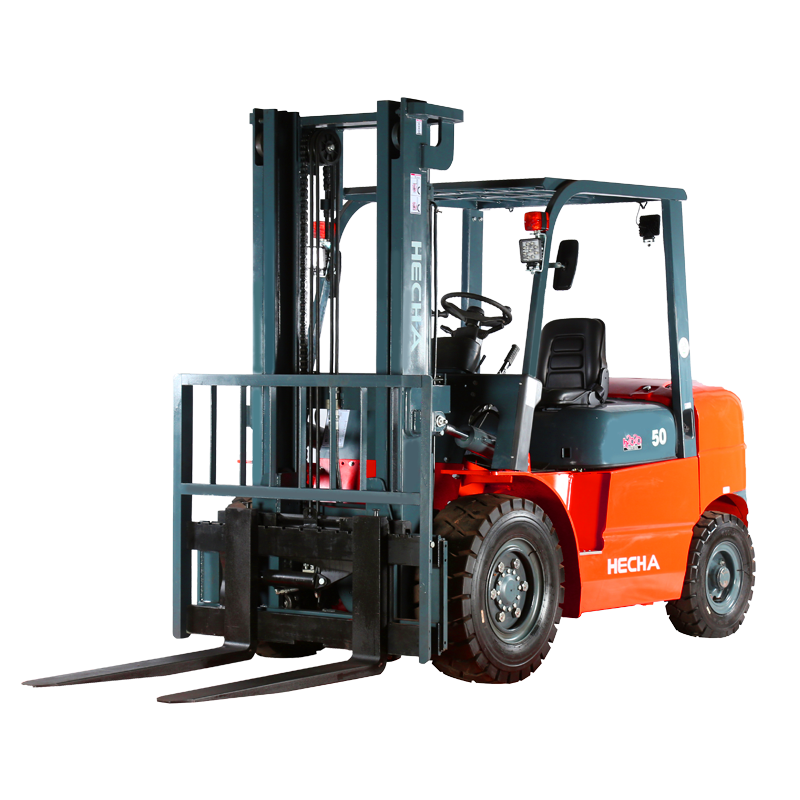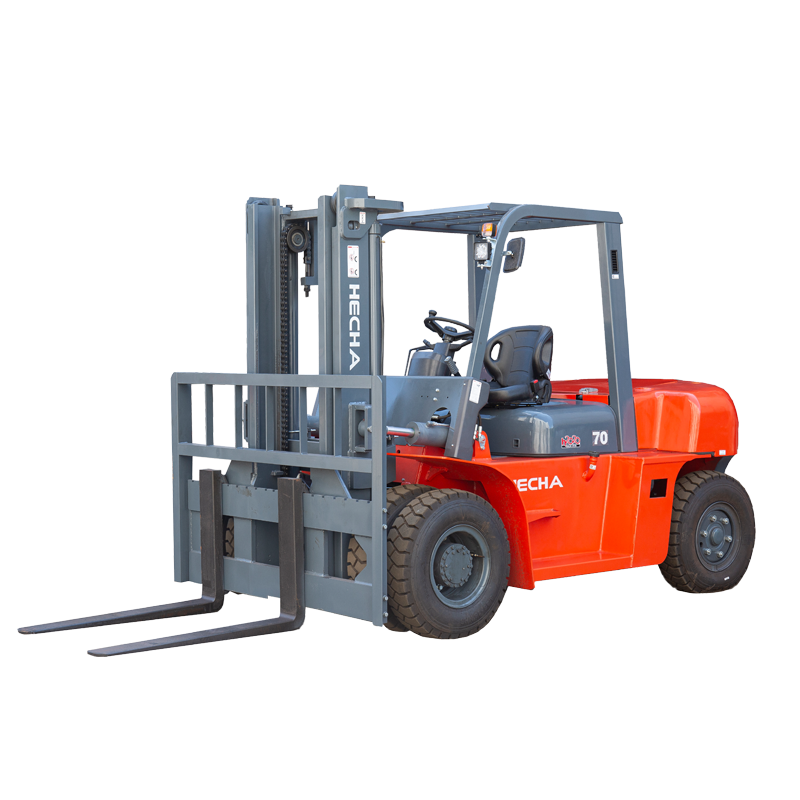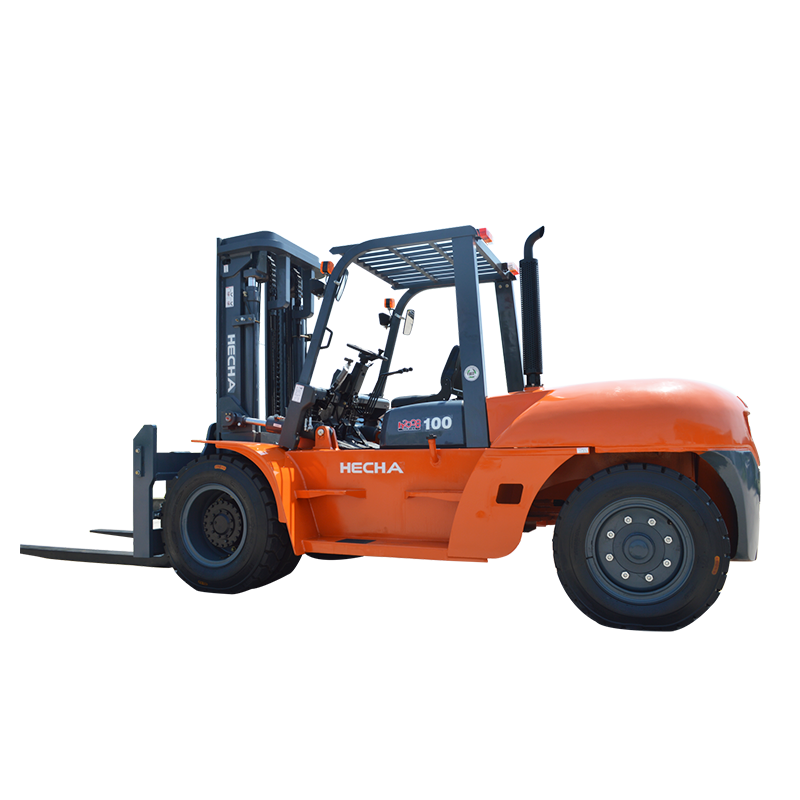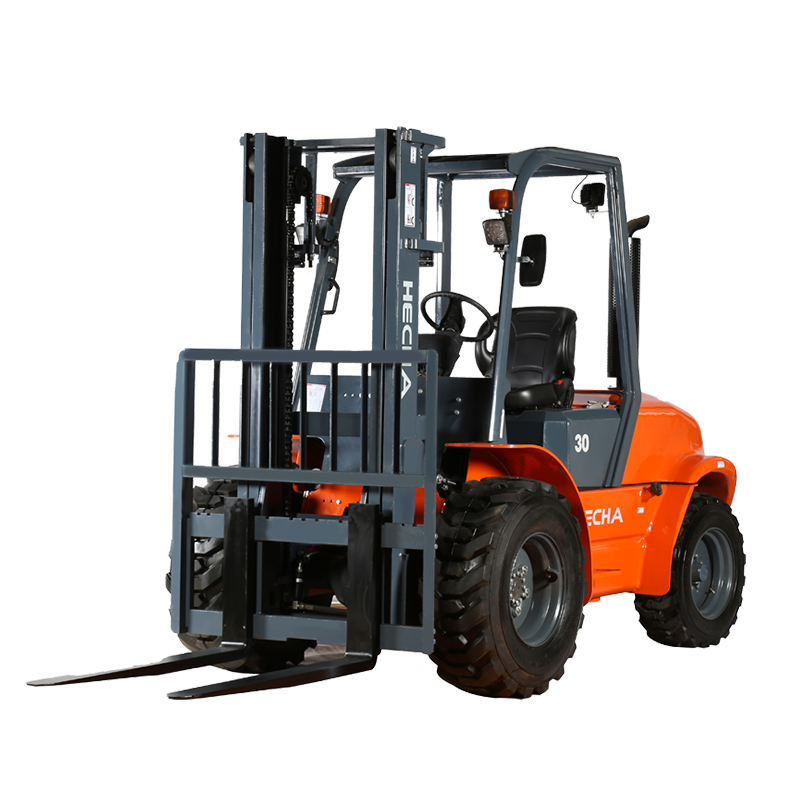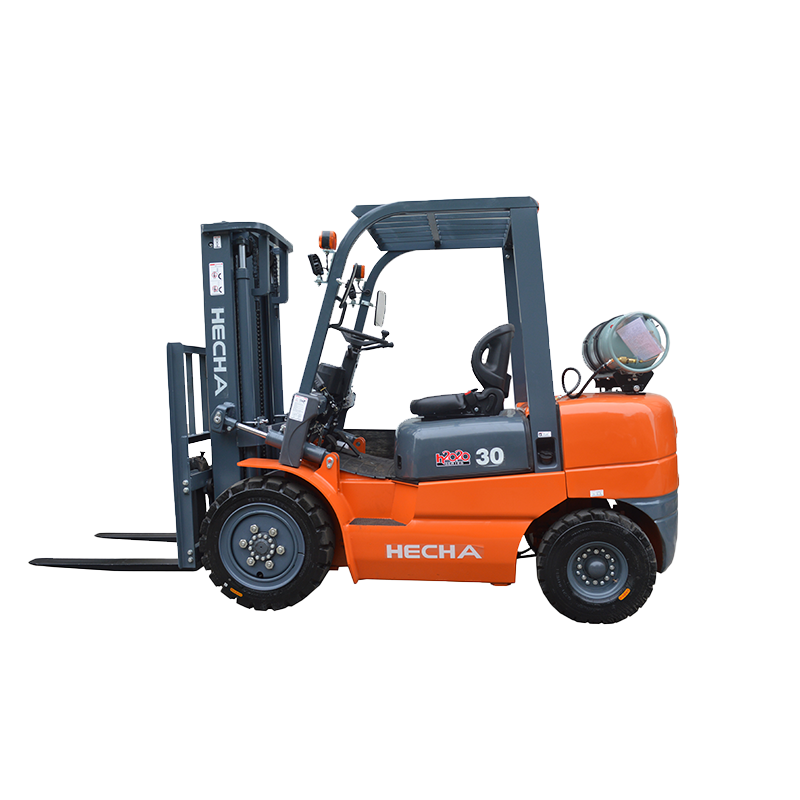Hand pallet trucks, also known as manual pallet jacks or pump trucks, are essential material handling tools in warehouses, factories, and logistics operations. The 2.0-5.0 ton hand pallet truck is a heavy-duty variant designed to handle substantial loads with ease. One of the most critical components influencing its performance is the wheel configuration. The right wheels ensure smooth operation, reduce operator fatigue, and extend the equipment’s lifespan.
Importance of wheel selection in a 2.0-5.0 ton hand pallet truck
The wheels of a hand pallet truck directly impact maneuverability, load stability, and durability. Since these trucks operate in diverse conditions—ranging from smooth warehouse floors to rough outdoor surfaces—selecting the appropriate wheels is crucial. The wrong choice can lead to premature wear, increased maintenance, or even workplace accidents.
Common wheel materials and their characteristics
The wheels used in a 2.0-5.0 ton hand pallet truck are typically made from the following materials:
- Polyurethane (PU) wheels – These are among the most popular due to their balance of durability and floor-friendliness. They provide excellent load-bearing capacity, resist abrasion, and are suitable for indoor use on smooth surfaces. PU wheels also minimize noise and vibration, making them ideal for environments where floor protection is a priority.
- Nylon wheels – Known for their high strength and resistance to chemicals, oils, and extreme temperatures, nylon wheels are often used in industrial settings. They are harder than polyurethane, which makes them less suitable for delicate floors but more durable in harsh conditions.
- Rubber wheels – These offer superior shock absorption and are excellent for uneven or rough surfaces. Rubber wheels are commonly used in outdoor applications or facilities with debris-laden floors. However, they may wear faster than polyurethane or nylon under heavy loads.
- Phenolic wheels – Designed for extreme durability, phenolic wheels can withstand very high loads and resist chemicals, heat, and sharp objects. They are often used in heavy industrial environments but are not recommended for delicate flooring due to their hardness.
Wheel designs and configurations
Beyond material, the wheel design plays a significant role in the performance of a 2.0-5.0 ton hand pallet truck. The two primary wheel types are:
- Steer wheels (front wheels) – These are typically smaller and allow for easy directional control. They are often made from polyurethane or nylon for smooth turning.
- Load wheels (rear wheels) – These bear the majority of the weight and are usually larger and more robust. They may feature reinforced cores or thicker treads to handle heavy loads.
Some specialized configurations include:
- Dual-wheel setups – Used in high-capacity models to distribute weight more evenly.
- Shock-absorbing wheels – Incorporate cushioning to reduce impact on both the truck and the floor.
- Non-marking wheels – Essential for facilities with strict floor protection policies.
Selecting the right wheels for different environments
The choice of wheels should align with the operating environment:
| Environment | Recommended Wheel Type | Key Benefits |
|---|---|---|
| Smooth indoor floors | Polyurethane or non-marking wheels | Floor protection, quiet operation |
| Rough or uneven surfaces | Rubber or shock-absorbing wheels | Enhanced durability, vibration reduction |
| Industrial/harsh conditions | Nylon or phenolic wheels | Chemical/heat resistance, high load capacity |
| Outdoor use | Heavy-duty rubber or reinforced nylon | Weather resistance, traction on debris |
Maintenance and longevity considerations
Proper wheel maintenance is essential for maximizing the lifespan of a 2.0-5.0 ton hand pallet truck. Regular inspections should check for:
- Cracks or deformities – Indicate excessive wear and potential failure.
- Debris accumulation – Can impair movement and damage floors.
- Lubrication needs – Some wheel bearings require periodic greasing.
Replacing wheels before they fail prevents accidents and maintains operational efficiency.
The wheel options for a 2.0-5.0 ton hand pallet truck vary significantly based on material, design, and intended use. Selecting the right wheels ensures optimal performance, reduces downtime, and enhances workplace safety. By understanding the differences between polyurethane, nylon, rubber, and phenolic wheels, operators can make informed decisions that align with their specific material handling needs. Whether used in a warehouse, factory, or outdoor setting, the correct wheel configuration is a critical factor in the efficiency and durability of a hand pallet truck.

 English
English 中文简体
中文简体 русский
русский Français
Français Español
Español

